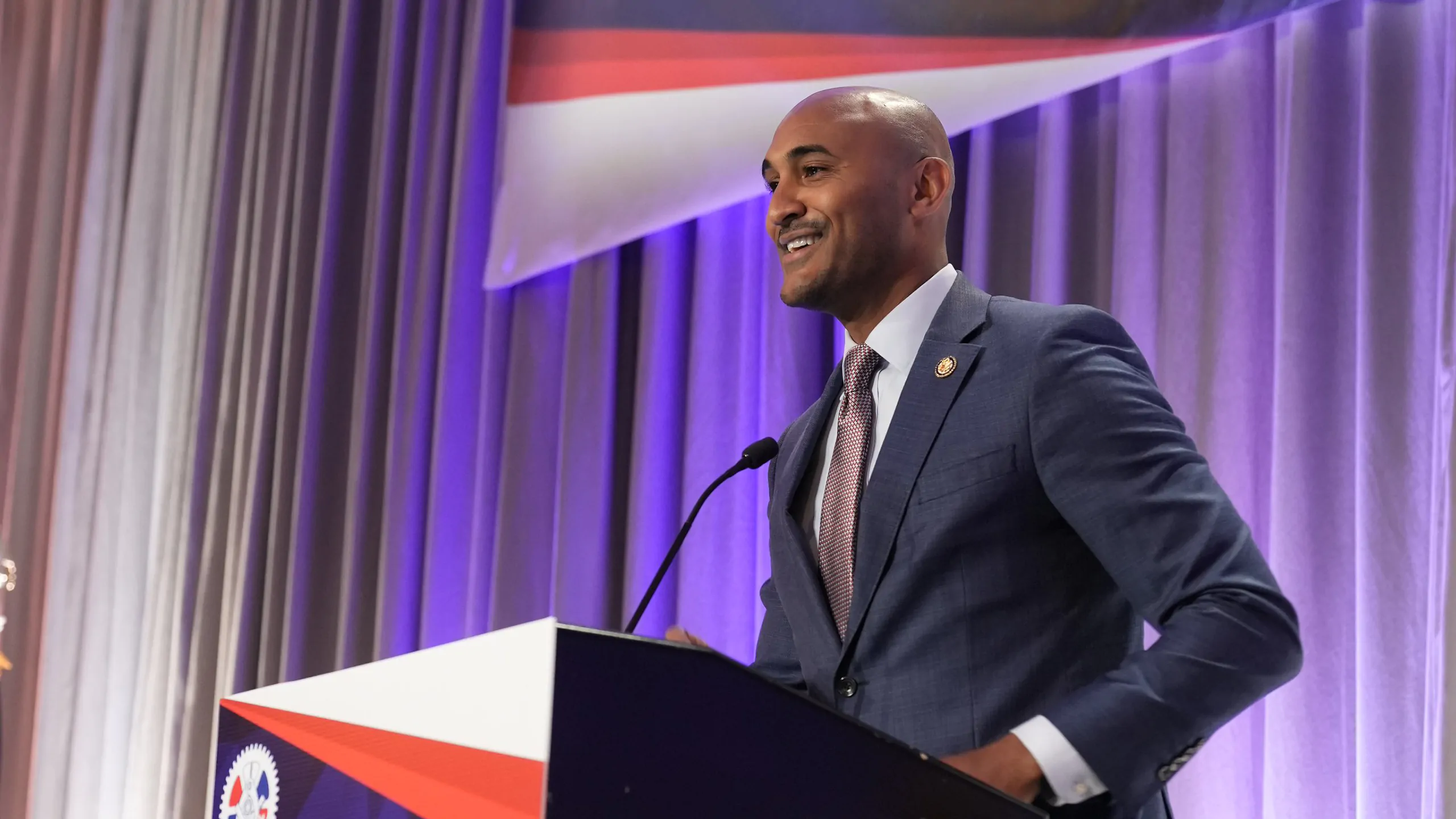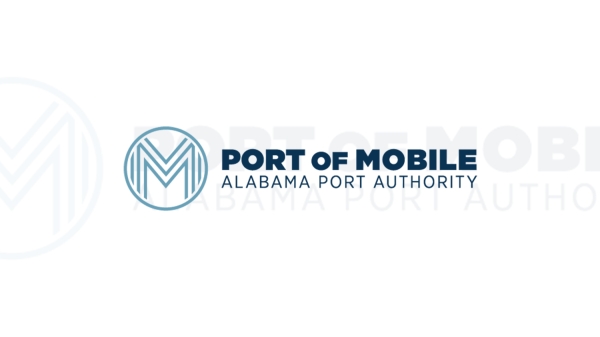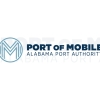U.S. Representative Shomari Figures, D-Alabama, has introduced legislation to ensure federally funded infrastructure projects can continue during government shutdowns.
The Keep America Building Act, introduced by Figures last Friday, a month into the federal government shutdown, would mandate the continuity of federally funded construction or infrastructure projects that are already under contract during lapses in federal appropriations, such as shutdowns.
“A government shutdown shouldn’t mean a shutdown of America’s progress. When critical projects are halted, it hurts workers, delays infrastructure improvements, and costs taxpayers more in the long run,” Figures said in a written statement Monday. “In Alabama’s 2nd district, we’re seeing major investments from the expansion of the Port of Mobile to the I-10 Bayway Bridge. The Keep America Building Act aims to keep that progress on track and ensure that every taxpayer dollar continues working for the American people.”
“We have too many major infrastructure projects happening in District 2 and cannot let them remain shut down,” Figures added in a Monday post on X.
Figure’s bill was endorsed by the Laborers’ International Union of North America, and has been cosponsored by Representative Henry C. Johnson, D-Georgia; Representative Nellie Pou, D-New Jersey; and Representative André Carson, D-Indiana.
“I commend Congressman Figures for his effort to stop the senseless targeting of job creating infrastructure projects during this federal shutdown,” said LIUNA General President Brent Booker.
“Infrastructure projects take years to plan and build. Cancelling projects that create jobs for LIUNA members while helping the rest of the American economy makes no sense. This chaos in Washington at the expense of working people has to stop,” Booker added.
The Alabama Toll Road, Bridge and Tunnel Authority approved a plan to move forward with the construction of both portions of the proposed $3.5 billion Mobile River Bridge and Bayway infrastructure project at a meeting early last month.
However, the Alabama Department of Transportation, which originally projected that construction of the bridge and Bayway project would begin this year, delayed groundbreaking for the project last month until 2026.
At the time of the project’s approval, the state was awaiting approval from the federal government for loans requested from the U.S. Department of Transportation, administered through the Transportation Infrastructure Finance and Innovation Act. The loans are expected to cover nearly half of the project’s construction cost.
In addition to TIFIA loans planned for the project, ALDOT was awarded $550 million in Department of Transportation funding to begin construction on the Mobile Bridge and Bayway Project earlier in the year.
The Alabama Port Authority is also planning expansions to the Port of Mobile, after completing a project that deepened the port’s channel depth to 50 feet last month.
It was announced last week that federal appropriations and investments from A.P. Moller – Maersk Terminals will be used to expand the port’s container berth capacity by 50 percent.
Construction on the project is set to begin in 2026, with completion projected for two years after groundbreaking.
The Keep America Building Act has been referred to the U.S. House Committee on Oversight and Government Reform.
In addition to the Keep America Building Act, last week, Figures introduced the Guaranteeing Retention and Aid During Shutdowns Act, which would bar educational institutions from terminating or altering a student’s enrollment status because of a disruption in the student’s financial aid due to a lapse in federal appropriations.
The representative also introduced the Uninterrupted Salaries for Capitol Police Act, which would provide for the salary payments and expenses of U.S. Capitol Police during a lapse in appropriations.
“USCP continue to protect us everyday,” Figures wrote Monday. “The least we can do is pay them during a shutdown. Capitol Police should never have to worry about when their next paycheck will arrive or whether they can pay their bills and put food on the table.”


















































